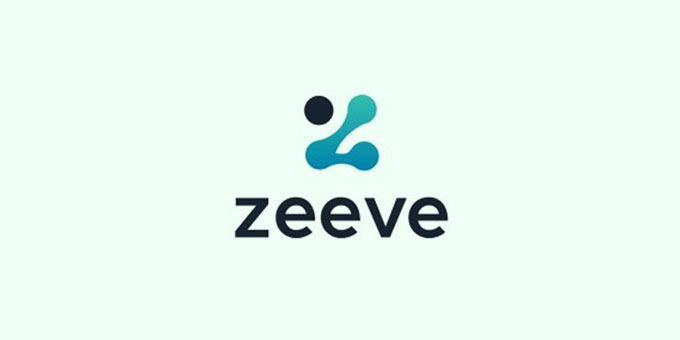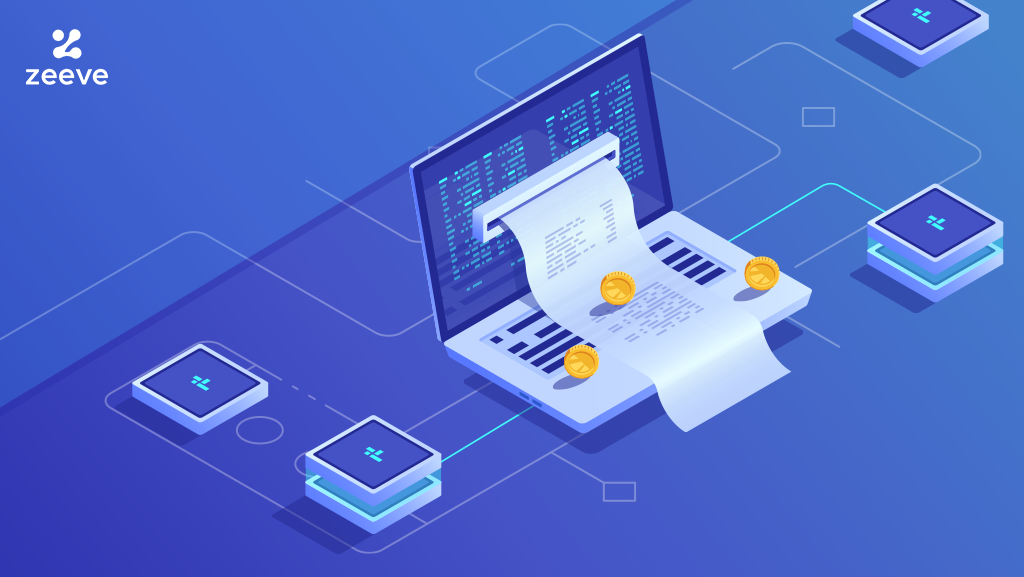Smart contracts are pieces of code that bind two or more parties together. These contracts execute automatically after meeting certain predefined conditions. Smart contracts play a significant role in the Decentralized Finance (DeFi) ecosystem. But, they are also vulnerable parts of the DeFi ecosystem.
We often read about the hacks and unprecedented loss of funds in the news headlines. The primary impact is due to the unaudited smart contracts. But before we start discussing DeFi smart contract audit, let us revise our basics of smart contracts, how they work, and where they are used.
What is a smart contract?
Smart contracts are pieces of code that execute automatically after meeting pre-defined conditions. In simpler terms, these automate the execution of agreements to ensure all parties can ascertain the outcome without involving any intermediaries or time delays. Technically, a smart contract makes the transactions traceable, transparent, and irreversible.
For example, consider a smart contract that binds two parties to purchase a new car. After meeting the conditions, the registration will be automatically transferred to the owner without any delay or other expenses. Smart Contacts find their use in every industry, including finance, healthcare, supply chain, insurance, legal, and even government voting systems.
What is a smart contract audit?
A smart contract audit is a process to test errors, bugs, and vulnerabilities from the source code of the smart contract. A company dealing in smart contract auditing identifies and prevents the security vulnerabilities that hackers can exploit. Although hackers would have a callous time hacking a blockchain, smart contracts are not as difficult.
This is why the newer platforms have experienced hacks draining millions of dollars within minutes. Hence, it has also brought awareness among DeFi users to only interact with the platform whose smart contracts have been audited.
Who should undergo a smart contract audit?
While it might look like a tricky question, we will let you decide by taking the following example. Take the example of Ronin, where hackers pulled out $615.5 million on March 29, 2022. It became the most significant DeFi vulnerability on record, where the hackers stole 25.5 million USDC and 173,600 ETH from Ronin Bridge in just two transactions.
In 2022 alone, Poly Network, Wormhole, Beanstalk, and Vulcan Forged were also victims of hacks where hackers drained hundreds of millions from the platforms. These incidents teach a lesson to the DeFi users to interact only with audited smart contracts. Hence, doing a third-party smart contract audit is essential if you run your own ICO, have a DeFi app, own a blockchain game, or use a DApp solution that uses a smart contract solution.
Issues while auditing a smart contract
A smart contract audit identifies all the crucial bugs and vulnerabilities in the code. The concerned company that performs the audit checks even minute details to determine the code vulnerabilities. The code is run through plenty of tests to check its susceptibility to attacks such as flash loan attacks.
- Indirect execution of an unknown code: A fallback function, when triggered, will result in an indirect execution. Someone can call a fallback function that can have disastrous results.
- Reentrancy issues: A smart contract generally communicates with another smart contract. But if the communication happens before resolving the effects, the external contract can interact with the smart contract in unacceptable ways.
- Gas efficiency: A smart contract audit provides reports that can be useful in optimizing the performance of smart contracts. Generally, the report identifies steps that can lead to high gas consumption for users.
- Integer overflows or underflows: A common error developers make when coding the smart contract. It can even lead to incorrect execution in the case of an integer overflow error.
- Front running: A smart contract needs to be structured correctly to avoid smart contract code being used by hackers. Hackers can manipulate the trades on a platform by leaking important data into the market.
- Platform security flaws: An audit also inspects the APIs that use the smart contract as it can be susceptible to attack because of the platform with which it interacts.
How can we audit a smart contract?
A smart contract audit touches upon four steps to identify the errors and vulnerabilities. The first step helps auditors understand the project in detail and the overall architecture. This step is essential for auditors to identify the vulnerabilities in the code. The smart contract then goes for manual and automated tests. The concerned teams run the code to identify the errors.
Next, the draft of the report by auditors is shared with the client. The client’s team checks and fixes the bugs for sending the contract back to the auditing team. After the code changes are audited, the auditors create the final report containing all the vulnerabilities and fixes.

Potential challenges while auditing a DeFi Smart Contract
A smart contract audit requires the contribution of the development team and the auditing company. A company cannot perform the auditing procedure independently as it can handle multiple challenges, including Denial of Service (DOS) attacks, gas limit issues, reordering attacks, reentrancy attacks, timestamp dependencies, and replay attacks.
An audit process requires a skilled team that can take a few days or months to complete the audit process. Also, the time duration depends on two factors: the scale of the smart contract and the type of smart contract audit. Smart contracts also face structural and legal changes while auditing.
After the testing process is completed, auditors will write up a detailed report with findings that will be worked on by the developers. Since the bugs and vulnerabilities can be extensive, auditors may repeat the process multiple times before the auditors deem the project to be technically sound, with a final audit issued.
The documentation should also be precise and accurate, as inaccuracy can lead to misinterpretation by the auditing team. Hence, getting an audit report only from a well-known company is essential.
Companies that audit DeFi smart contract
Smart contracts work autonomously and do not need a central authority. They transparently enable trusted transactions among two or more parties.
Hacken
Hacken is a famous cybersecurity company founded in 2017. It aims to protect WEB 3.0 businesses and has secured 1000+ clients and 50+ crypto exchanges. Hacken provides smart contract auditing, pentesting, and bug bounty programs. It is the backbone of famous exchanges such as KuCoin, Gate.io, etc.
The team has developed a transparent and detailed smart contract audit methodology. Hacken allows clients to view the document of upcoming testing procedures before an audit.
Certik
It is a blockchain security company founded in 2018 by professors of preeminent institutes. Certik aims to secure the cyber world and has conducted over 1900 audits of popular platforms such as Blockstack, Binance, Tera, etc.
The company conducts a comprehensive assessment of the source code to identify the errors and vulnerabilities. The team comes up with the recommendations to start the auditing process and secure the DeFi smart contract.
Consensys
It provides a comprehensive smart contract audit service for clients to launch their Ethereum blockchain applications. Consensys has protected over 100 blockchain companies with 10000+ analyses available per month.
Consensys has an industry-leading suite of blockchain security analysis tools. Their team has years of experience providing a hands-on review of your Ethereum applications.
QuillAudits
The emerging Web3 smart contract service has secured over 600 projects. QuillAudits follows a ten-step process to find the vulnerabilities in your code and has fixed 1000 + errors in the smart contracts. DeFi Magic, Open DeFi, and TotemFi are some popular platforms that have undergone auditing by QuillAudits.
ImmuneBytes
It is the fastest-growing Smart Contract Audit company, primarily focusing on blockchain security. ImmuneBytes has secured 150+ projects with its six steps of smart contract auditing. The platform offers clients security audits, penetration testing, and security consulting. It also provides a full suite of Blockchain security services, including penetration testing, code review, and security consulting.
Conclusion
Decentralized finance is harnessing the power of smart contracts to create wonderful DApps catering to the needs of individuals. The DeFi revolution is getting the limelight of people and powering several sectors that come in its way. But, it is essential to remember that attacks on smart contracts or platforms erode trust in a system.
As an aware individual, performing a smart contract audit is essential to ensure your code is secure, efficient, and delivers better value. In the above article, we have outlined several examples that were a victim of hackers. Hence, getting a quality smart contract audit from time to time is essential.
Keeping standards in general programming can make smart contracts more efficient. Smart Contract Protocols vary significantly, such as Ethereum has several internal standards. Hence, you should standardize the smart contracts to bring the best out of the platform.
Zeeve
Zeeve platform features a standardized approach to deploying reliable blockchain nodes and networks. Our team has the trust of more than 10,000 developers and Blockchain companies worldwide. Zeeve can be your ultimate friend to help you host and manage your blockchain on the supported cloud providers. Get in touch with our team now!






















